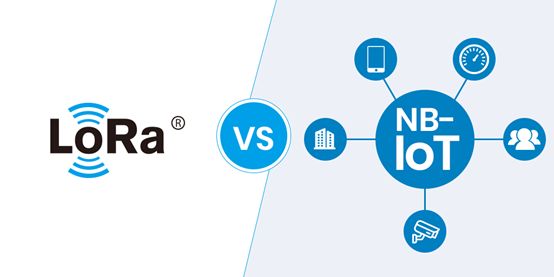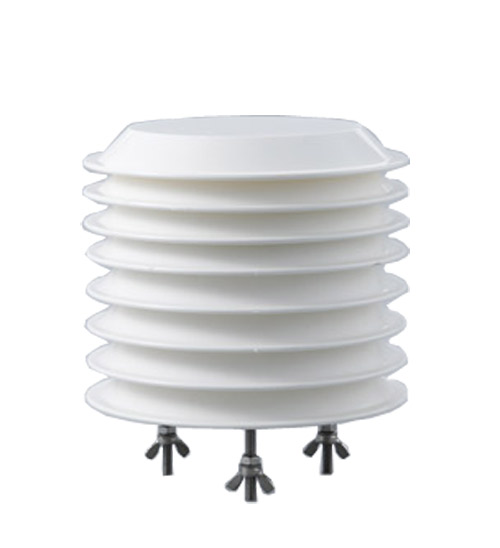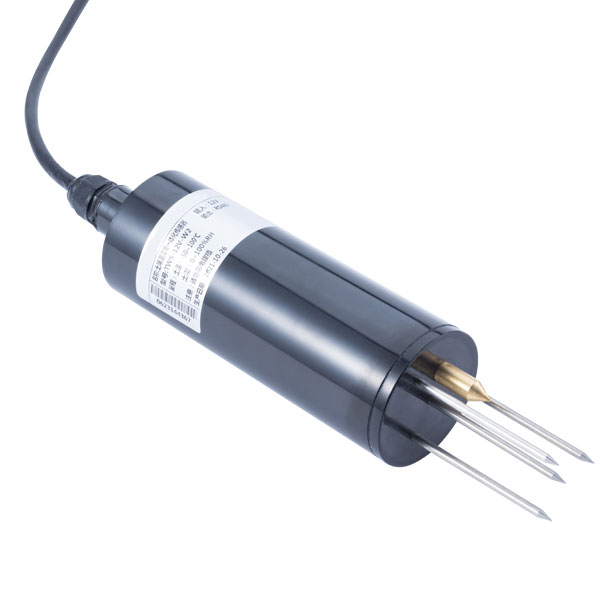

— Blogs —
—Products—
 Consumer hotline +8618073152920
Consumer hotline +8618073152920 WhatsApp:+8615367865107
Address:Room 102, District D, Houhu Industrial Park, Yuelu District, Changsha City, Hunan Province, China
Product knowledge
Time:2021-12-30 21:59:07 Popularity:945
NB-IoT and LoRa technology introduction
The rapid development of the Internet of Things puts forward higher requirements for wireless communication technology, and LPWAN, which is designed for low-bandwidth, low-power, long-distance, and massively connected IoT applications, is also rapidly emerging. LPWAN (low-powerWide-AreaNetwork, low-power wide area network), that is, wide area network communication technology. NB-IoT and LoRa have different technical and commercial characteristics, and they are also the two most promising low-power wide area network communication technologies.
Brief introduction of NB-IoT and LoRa
NB-IOT
NB-IOT (NarrowBandInternetofThings, NB-IoT, also known as Narrowband Internet of Things), is a technical standard defined by the 3GPP standardization organization, and is a narrowband radio frequency technology designed specifically for the Internet of Things.
LoRa (LongRange) is an ultra-long-distance wireless transmission scheme based on spread spectrum technology adopted and promoted by Semtech in the United States. The LoRa network is mainly composed of four parts: terminal (with built-in LoRa module), gateway (or base station), server and cloud, and application data can be transmitted in both directions.
NB-IoT, LoRa use frequency band:
NB-IoT uses authorized frequency bands, and there are three deployment methods: independent deployment, guard band deployment, and in-band deployment. The mainstream frequency bands in the world are 800MHz and 900MHz. China Telecom will deploy NB-IoT in the 800MHz frequency band, while China Unicom will choose 900MHz, and China Mobile may rebuild the existing 900MHz frequency band.

LoRa uses the unlicensed ISM frequency band, but the usage of the ISM frequency band in different countries or regions is different. In the Chinese market, the China LoRa Application Alliance (CLAA) led by ZTE recommends the use of 470-518MHz. The frequency band used by radio meters is 470-510MHz. Since LoRa works in the unlicensed frequency band, network construction can be carried out without application, the network architecture is simple, and the operating cost is low. The LoRa Alliance is vigorously promoting the standardized Lo-RaWAN protocol around the world, so that devices that comply with the LoRaWAN specification can be interconnected.
Communication distance of NB-IoT and LORA
NB-IoT communication distance:
The signal coverage of the mobile network depends on the base station density and link budget. NB-IoT has a link budget of 164dB, GPRS has a link budget of 144dB, and LTE has a link budget of 142.7dB. Compared with GPRS and LTE, the NB-IoT link budget has been increased by 20dB, and the signal coverage of the open environment can be increased by seven times. 20dB is equivalent to the loss of the signal penetrating the outer wall of the building, and the signal coverage of the NB-IoT indoor environment is relatively good. Generally, the communication distance of NB-IoT is 15km.
LoRa communication distance:
LoRa provides a maximum link budget of 168dB with its unique patented technology. Generally speaking, the wireless distance range is 1-2 kilometers in the city, and the wireless distance can reach up to 20km in the suburbs.
Sensors & Weather Stations Catalog
Agriculture Sensors and Weather Stations Catalog-NiuBoL.pdf
Weather Stations Catalog-NiuBoL.pdf
Related recommendations
Related products
 Atmospheric Temperature Humidity Pr···
Atmospheric Temperature Humidity Pr··· Soil Temperature Moisture Sensor 4-···
Soil Temperature Moisture Sensor 4-··· Air temperature, humidity and atmos···
Air temperature, humidity and atmos···
Screenshot, WhatsApp to identify the QR code
WhatsApp number:+8615367865107
(Click on WhatsApp to copy and add friends)